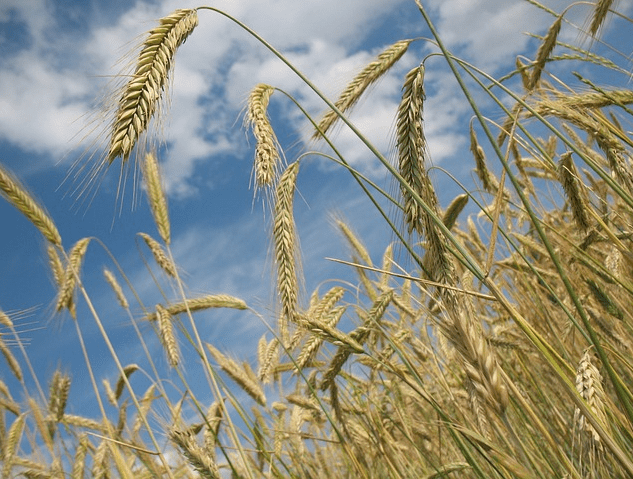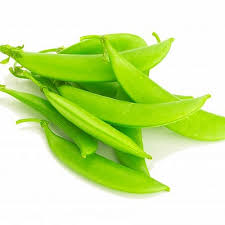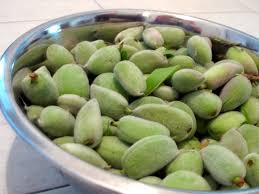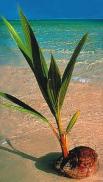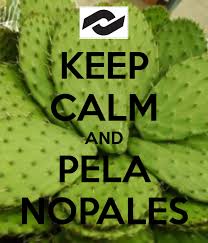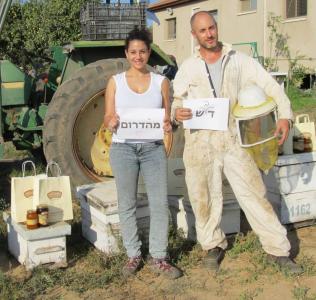Many Jewish holidays mentioned in the Bible are also agricultural festivals. In ancient times, most of the population was engaged in farming.
The timing of sowing, harvesting, and reaping held great and sometimes fateful significance. If crops failed due to drought or locust plagues, the result was famine. Therefore, it is no surprise that for our ancient ancestors, a significant portion of their gratitude and worship was tied to these agricultural seasons.
This theme is not necessarily the main focus of the holiday, but it is present in Rosh Hashanah, Sukkot, and Passover as well.
In this context, Shavuot stands out because its agricultural significance is still prominently highlighted even today. It is the holiday that the pioneering settlements in kibbutzim and moshavim embraced and revitalized from the early days of Zionism to the present. Hence, Shavuot is also known as the "Harvest Festival" and the "Festival of First Fruits."
Indeed, various fruits and vegetables ripen throughout the year, but there is something about early June, when summer is already here yet the spring breezes still linger, that brings an extraordinary abundance of many beloved fruits, perfect vegetables, and of course, the wheat that is now being harvested. Maybe not the joyous act as in previous years, but it grew this year, and here it is, being harvested once more.
Today's agriculture is vastly different from ancient agriculture, yet in some ways, nothing has changed. The plow horse has been replaced by John Deere tractors and mechanical combines have replaced sickles, but the wheat is the same wheat that always grows anew.
When it comes to organic farming, the distance between past and present is even narrower.
In organic farming, plots are often smaller and more eclectic, much like they were in the past. The cultivation methods themselves and the avoidance of pesticides and chemical fertilizers make organic farming more reminiscent of traditional agriculture.
Ultimately, the big difference between industrial and organic farming lies in what is not present rather than what is. When you consume organic produce, you are eating fruits and vegetables free from pesticide and chemical fertilizer residues, just as they were consumed during the Second Temple period.
So, let me conclude this poetic reflection with a recommendation: stock up on a box from the garden, filled with perfect, organic fruits and vegetables. It enhances the flavor and atmosphere of any holiday.

